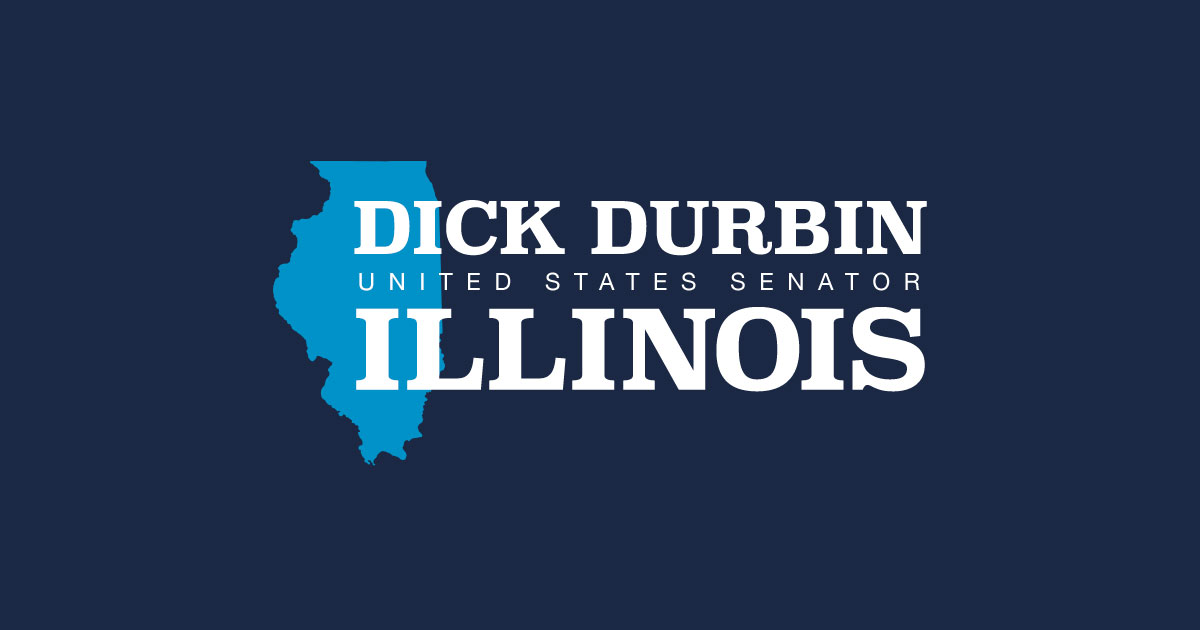Source: United States Senator for Illinois Dick Durbin
Durbin secured nearly $1.7 billion in federal funding for the high speed rail implementation project
WASHINGTON – U.S. Senate Majority Whip Dick Durbin (D-IL) and U.S. Senator Tammy Duckworth (D-IL) today applauded the Illinois Department of Transportation’s new schedule changes for Amtrak’s Lincoln Service trains following the successful implementation of the Chicago-to-St. Louis high-speed rail project. Having supported the testing and implementation of high-speed rail for more than two decades, Durbin secured roughly 80 percent of the project’s nearly $2 billion cost, including $1.66 billion in funding from an American Recovery and Reinvestment Act grant that was awarded in 2010. The project, which broke ground in 2010, was completed in 2018, but went through several years of test runs before today’s announcement.
The schedule changes for Lincoln Service trains will enable passenger rail service to reach 110 mph. With this new high-speed schedule that will be effective June 26, passengers will see their travel time reduced by 15 minutes from 90 mph runtimes and 30 minutes from 79 mph runtimes.
“The railway has always been a vital component of our state’s infrastructure, but today we are taking a major step in modernizing rail services. The new high-speed schedule will allow Illinoisans to get around faster while still enjoying the comforts of Amtrak,” said Durbin. “Making high-speed rail, and today’s schedule changes to Lincoln Service trains, happen has long been a priority of mine. I’m pleased to see the federal grants brought home to Illinois are making a true impact in the lives, and travel, of the people of Illinois. I look forward to my first trip on a better, faster Lincoln Service train.”
“Modernizing our rail services means faster travel times and access to safer, more reliable service,” Duckworth said. “The Lincoln Service line is a critical element of our state’s transportation network, and I’m so pleased to see the results of critical federal funding to improve the lives and travel options for Illinoisans.”
-30-
